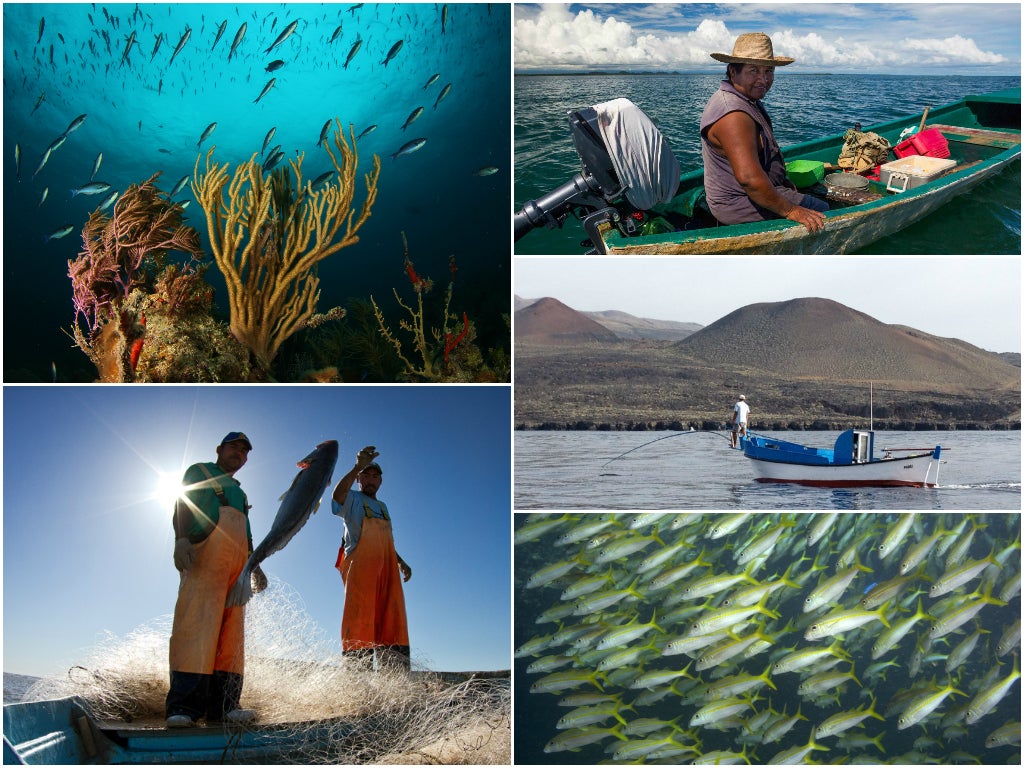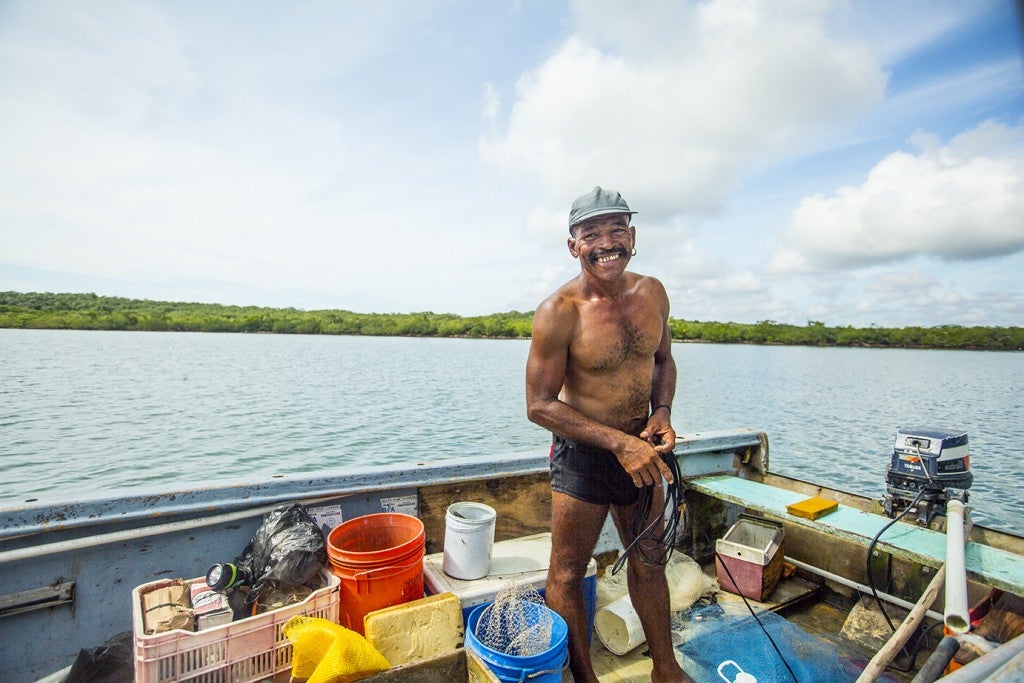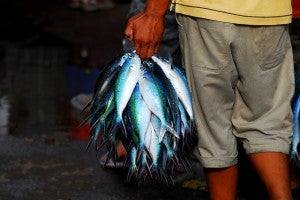
Photo credits: Noel Lopez Fernandez, Jason Houston, Carlos Aguilera
Today, fisheries provide just a fraction of their potential in terms of food and income. Although many threats, including climate change and habitat loss, contribute to the declining health of the oceans, overfishing remains the leading cause of fishery depletion worldwide. Globally, 40% of fisheries are in deep trouble and outdated management is squandering more than 50 billion dollars in potential income.
The good news is that by tackling overfishing, we can unleash the oceans’ natural resilience and achieve a dramatic recovery in fish populations.
We are making progress every day transitioning more fisheries to sustainable management policies and practices that help create much healthier oceans that support more fish, feed more people and improve livelihoods. These outcomes go hand in hand, because a healthier, more resilient ocean is also one that can support larger harvests. Read More »










 Picture the world’s oceans once again abounding in fish, as part of a thriving and diverse marine ecosystem that supplies people with an increasing amount of protein rich food.
Picture the world’s oceans once again abounding in fish, as part of a thriving and diverse marine ecosystem that supplies people with an increasing amount of protein rich food.
